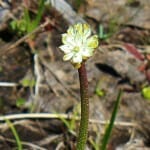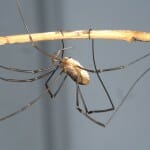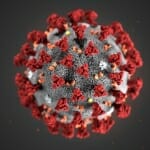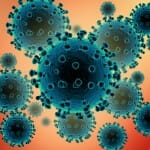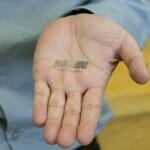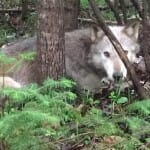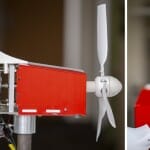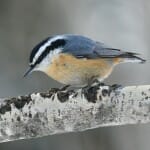Category Science & Technology
Professional couples are on the rise, but it’s not increasing income inequality
But the changing availability of spouses with particular jobs — especially a large increase in professional women — has dramatically changed common household couplings. Read More
Apply for the Annual Fall Research Competition, providing support across divisions
The yearly contest from the Office of the Vice Chancellor for Research and Graduate Education funds select research projects in biological sciences, physical sciences, social sciences and the arts and humanities. Read More
Research aims to give everyone a fair shot at accessing COVID-19 vaccines
A UW team's work will inform government and community groups’ efforts to address vaccine access and hesitancy, with the ultimate goal of increasing immunization rates. Read More
Educators publish free workbook to help instructors teach climate change science
The online workbook integrates existing science curriculum subjects — such as heat, light, energy, and acids and bases — into a discussion of the properties and effects of greenhouse gases. Read More
Badger Talks: The delta variant
“Luckily, our vaccines ... have been shown to be effective even against this delta variant, so we continue to have protection when we are getting vaccinated,” Devlin Cole says. “But we do now have even more increased risk of getting very, very sick if we’re not vaccinated.” Read More
COVID-19 vaccine boosters: ‘Too soon to know’ if they’re needed
For now, the priority needs to be continuing to provide vaccines to the unvaccinated, says the director of the UW Health Immunization Program. Read More
Nuclear engineering research and education pioneer Max Carbon dies at 99
As founding chair of the Department of Nuclear Engineering, Carbon authored "Nuclear Power: Villain or Victim? Our Most Misunderstood Source of Electricity." Read More
WiscWind makes sixth appearance in Collegiate Wind Competition
The teams had to design, fabricate, and test a wind turbine, and create a plan for siting a 100-megawatt wind farm in western South Dakota. Read More
Modeling COVID-19 infection based on movement can improve public health response
The research team — which includes geographers, mathematicians, an epidemiologist and communications experts — used the model to examine decisions to ease restrictions as the pandemic seemed to wane in mid-2020. Read More
Student designs restore mobility to a rooster with one foot and a client with MD
Every semester, the Inter Engr 170 freshman design course gives first-year University of Wisconsin–Madison engineers a chance to get valuable hands-on experience working on practical projects with real clients. Read More



